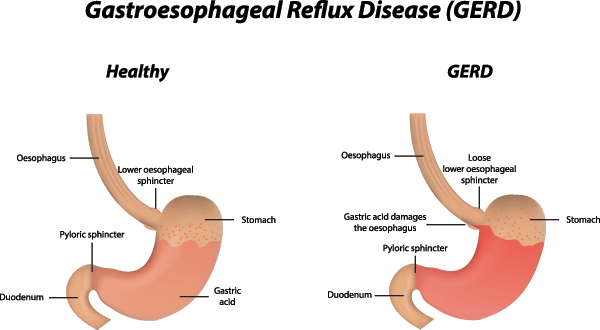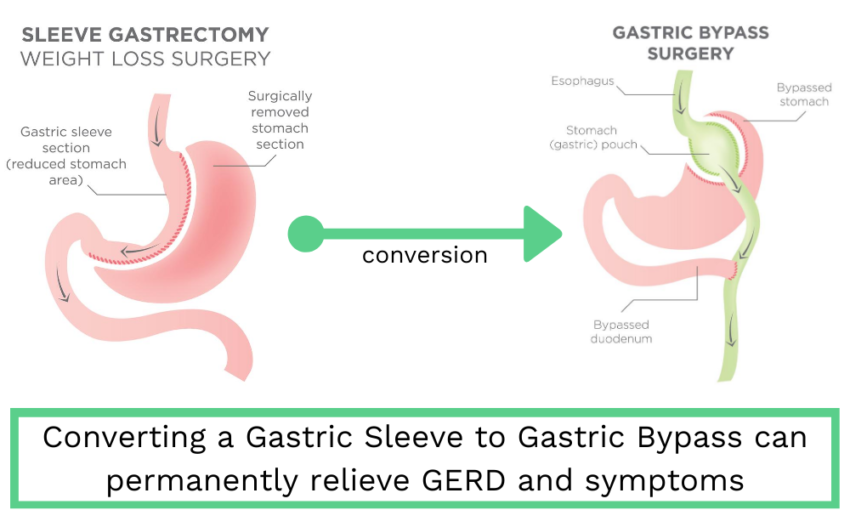
However, some people may require medication or surgery. For example, stomach acid can cause inflammation of the esophagus.

For some patients, especially those with a large hiatal hernia, laparoscopic fundoplication remains the best option.
Stomach surgery for gerd. This treatment for gerd is called magnetic esophageal sphincter augmentation, or magnetic sphincter augmentation. A hiatal hernia is found in many patients who suffer from gerd. If you have a hiatal hernia, which is very common, it will also need to.
Four small incisions are used to perform the surgery. In most cases, heartburn can be relieved through diet and lifestyle changes; Other procedures are laparoscopic surgeries involving tiny incisions.
Surgical treatment for gerd is called fundoplication. For example, stomach acid can cause inflammation of the esophagus. Symptoms of gerd include heart burn, upset stomach, regurgitation, vomiting, and bloating.
It is less invasive than traditional surgery and involves wrapping part of the the stomach around the esophagus to strengthen the muscle. Reflux becomes a disease when it causes frequent or severe symptoms or injury. It’s a minimally invasive surgery that prevents the contents of the stomach from backing up into the esophagus.
The main surgery for stubborn heartburn is called fundoplication. Minimally invasive surgery (laparoscopy or robotic surgery) is typically performed to treat gerd. For some patients, especially those with a large hiatal hernia, laparoscopic fundoplication remains the best option.
The reason gastric bypass surgery cures gerd is that the small upper stomach (the pouch) created during the surgery has very few cells that can produce acid. During stomach stapling surgery, the surgeon creates a small stomach pouch and separates it. Gastroesophageal reflux disease (gerd) is a chronic condition of esophageal damage caused by stomach acid coming up from the stomach into the esophagus.
Learn if surgical treatments are right for you. Surgery for gastroesophageal reflux disease often, lifestyle changes and medication effectively manage gastroesophageal reflux disease, or gerd. Today, most surgical treatment for gerd (nissen or toupet) is performed laparoscopically.
When the les does its job properly, stomach contents stay out of the esophagus. Surgery for gastroesophageal reflux disease gerd / hiatal hernia, ulcers and tumors of the stomach, complex procedures involving the gallbladder, bile duct and liver and segmental removal of the small intestine and colon for cancer, diverticulitis and inflammatory bowel disease (ibd) are now everyday occurrences under the care of the surgeons. This involves a looser wrap around the esophagus.
The linx reflux management system is a newer treatment option for patients with gerd. Laparoscopic fundoplication surgery, which involves wrapping the upper part of the stomach around the lower esophagus, has been the traditional alternative to medications for patients with gerd. Top of the page fundoplication surgery for gastroesophageal reflux disease (gerd) surgery overview during fundoplication surgery, the upper curve of the stomach (the fundus) is wrapped around the esophagus and sewn into place so that the lower portion of the esophagus passes through a small tunnel of stomach muscle.
Surgeons perform some gastroesophageal reflux disease (gerd) procedures as open surgeries through an incision in the abdomen. The patient usually does not spend more than one or two days in the hospital after surgery. Transoral incisionless fundoplication surgery for gerd has been around about 10 years or more.
A nissen fundoplication surgery can. Reflux may damage the esophagus, pharynx, or respiratory tract. The acid producing portion of the stomach is disconnected from the esophagus.
This phenomenon is thought to contribute to the development of acid reflux. A gastroplasty is a surgical procedure that reduces the size of your stomach. But doctors at nyu langone may recommend surgery if gerd symptoms, such as heartburn, chest pain, and hoarseness, persist or if diagnostic tests show that gerd is caused by a hiatal hernia—a hole in the diaphragm that.
It is generally performed to tighten the lower esophageal sphincter (les) valve, which lies towards the end of the esophagus and opens into the stomach. So the gerd usually goes away, often on the first day after the gastric bypass. Doctors believe that some people suffer from gerd due to a condition called hiatal hernia.
During surgery, the valve between the esophagus and the stomach (the lower esophageal sphincter or les) is reinforced and if a hernia is present, it is repaired. This refers to the condition in which the top part of the stomach bulges above the diaphragm and into the chest cavity. Nissen fundoplication is the most common treatment for gerd.
Results are seen immediately, with many patients finding that they never need antacids again. Surgery for gerd also fixes the hiatal hernia. The most commonly used surgery for gerd is called a nissen fundoplication, in which the removed portion of the upper stomach is fully wrapped around the outside of the les, reinforcing the les.
Surgery may be recommended if you have serious gerd complications. This surgery strengthens the valve between the. In this procedure, the surgeon wraps the top of the stomach around the lower esophagus after reducing the hiatal hernia, if present.
The surgeon can either directly touch the parts of your body they�re working on. Gastroesophageal reflux disease (gerd) is a common condition in which the gastric contents move up into the esophagus. However, some people may require medication or surgery.
In this method, the upper part of the stomach, which lies towards les, is usually wrapped at an angle of 360 degrees. Chronic reflux can lead to esophagitis, strictures, barrett. Surgery for gerd is known as a laparoscopic fundoplication.
Gastroesophageal reflux is the return of the stomach’s contents back up into the esophagus. This is a common surgical treatment for gerd in which the upper part of the stomach is wrapped around the lower esophageal sphincter (les).this surgery strengthens the sphincter to prevent acid reflux. Reflux can cause many symptoms including heartburn, indigestion, bloating, chest pain, regurgitation, cough, hoarse voice, and more.
Fundoplication is a common surgical treatment for gerd. There are several types of fundoplication—including partial fundoplication, total fundoplication, anterior fundoplication,. A fundoplication fixes the lower esophageal sphincter valve (les).